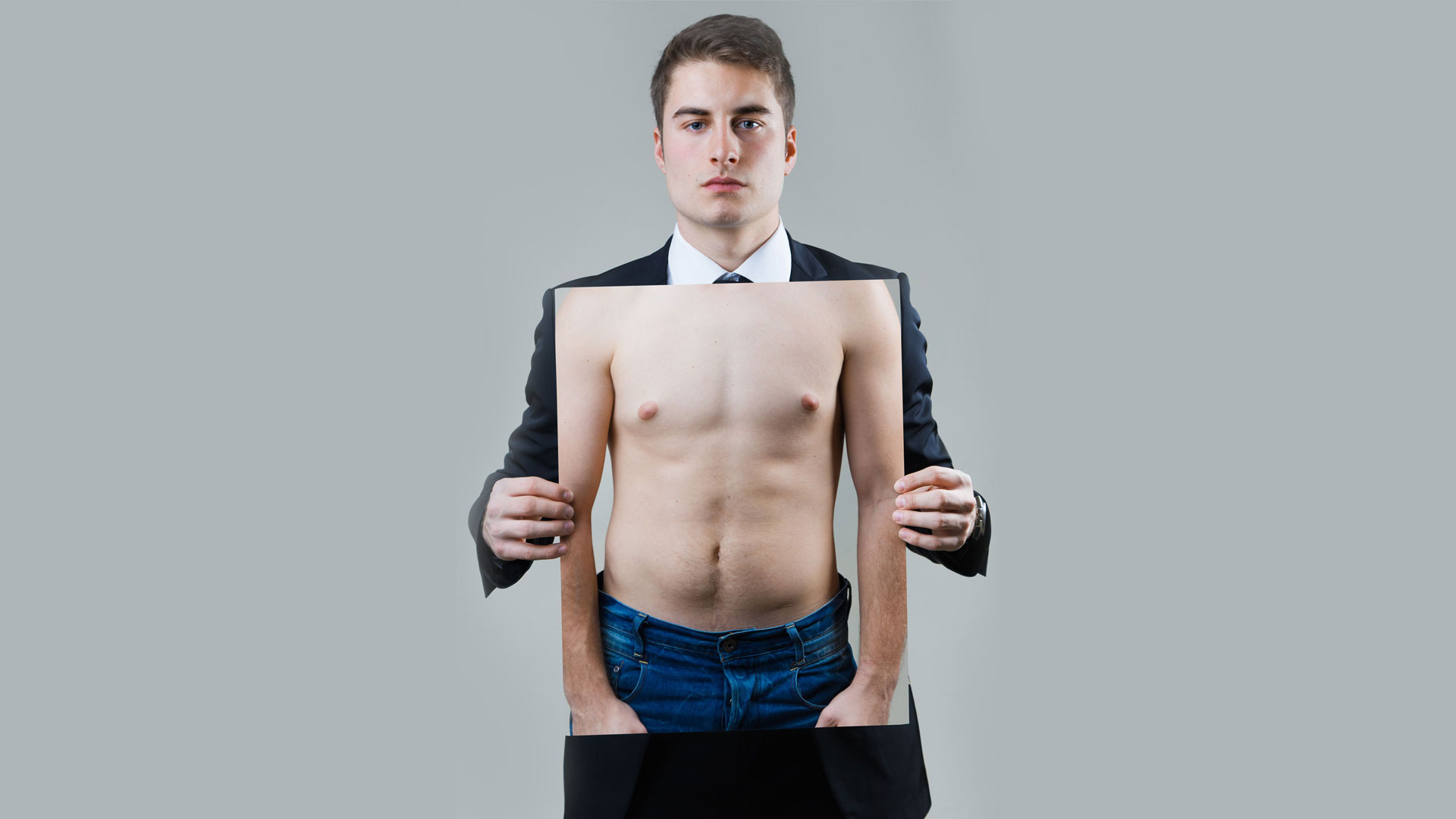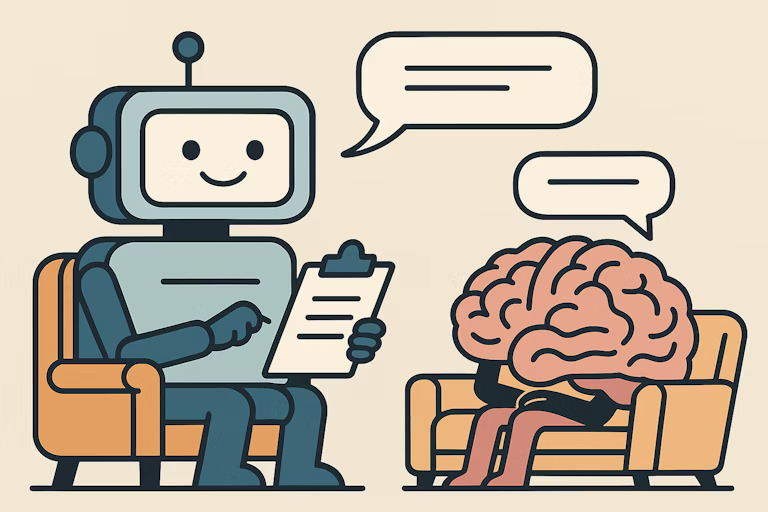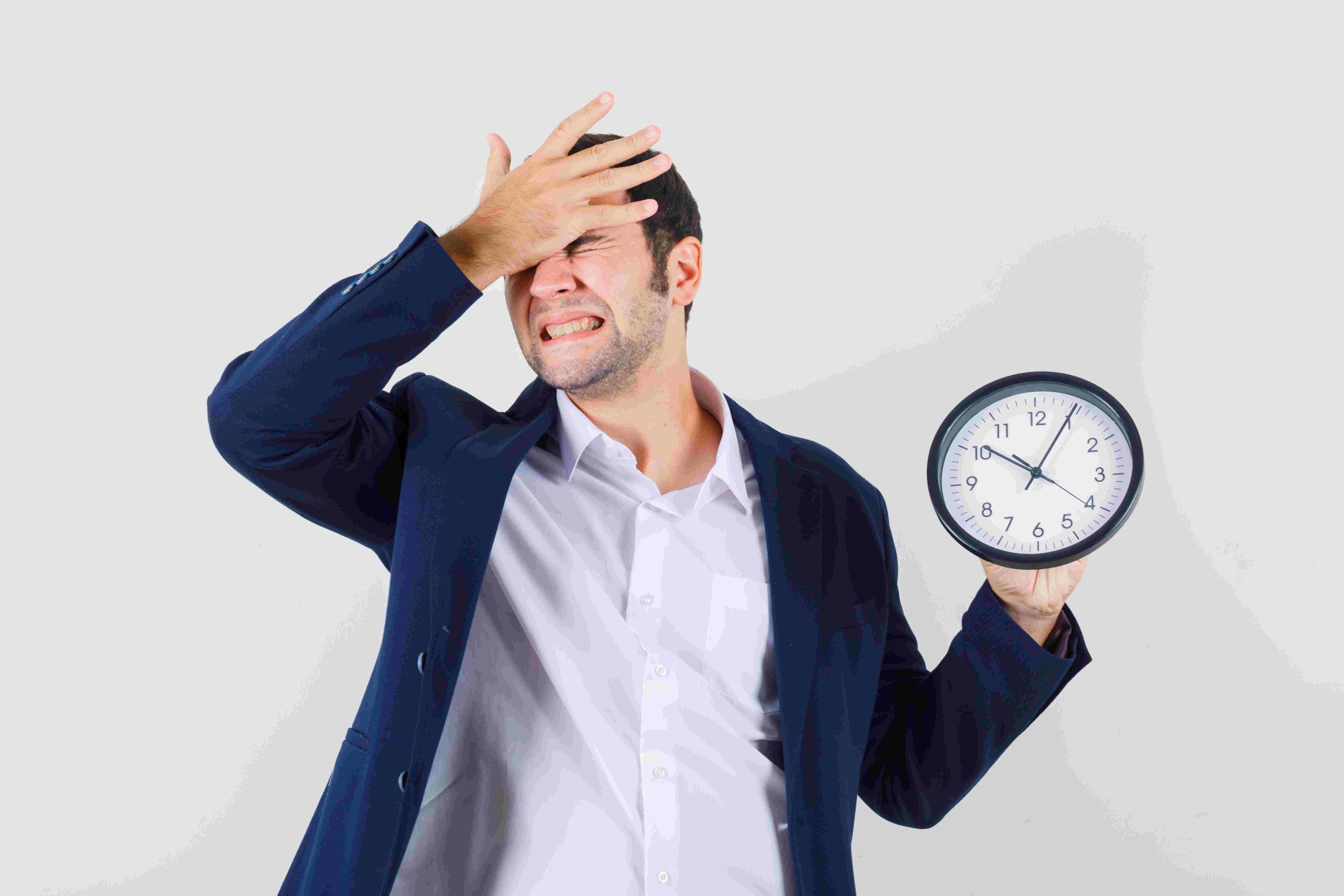Body image issues in men

Body image issues in men occur in terms of being either too thin or too heavy to meet the male ideal. But why do males feel such pressure to look a certain way these days? What exactly do they object to, and how might they resolve it? The silver screen is one of the reason behind poor body perception of men. It is continually reinforced that “perfect” male physiques are required for courage, dependability, and honour. This makes the general male population more interested in learning their secrets for developing abs and biceps.
Social media is another medium which has an influence on men’s negative perception towards their body. Social media shows us all these people going to the gym, getting in shape, and reducing weight. But besides physical appearance in terms of male body image, other concerns are there too. Men are learning how to deal with issues including hair loss, height perception, and skin care, among other things and is linked with feelings of inadequacy, depression, stress, and low self-esteem.
Men’s quality of life is affected just the same way as those of women who go through body image issues.
Body dissatisfaction or negative body image can frequently result in –
- Feelings of disappointment
- Shame
- Guilt
- Unhealthy behaviours similar as non nutritional diets
- Disordered eating
- Exercise addiction
- Steroid abuse- men who train with weights, are at threat of using performance and image enhancing substances to promote muscle growth or reduce body fat.
Causes of negative body image in men:
- teasing in childhood and adolescence
- peer pressure among teenage boys
- tendency to judge people on their appearance
- the emphasis on male sports players as role models for boys
- Societal pressure of being the’ ideal’ man, being strong, spare and muscular
Ways to improve your body image:
- Reflect on your behaviours and try to identify the influences on your body image from childhood.
- Always treat your body with respect, which includes eating well and not forcing on disciplining exercise routines, fad diets or taking medicines.
- Try to shift to a healthier focus on how your body functions rather than just concentrating on how your body looks.
- Develop reasons for exercising that aren’t concentrated on your body’s appearance.
Body image is how a person perceives their appearance , emotional attitudes and beliefs of their body. A person with a healthy body image feels at ease in their own skin and accepts themselves for who they are. On the other hand, a person might not be satisfied with their body and have negative perception towards it. But what is your definition of body image? How often do you think about your body image issue? how should you curate your own social media feeds if you want to feel good about your body?
Many of us suspect that the beautiful, often highly-edited images of people we see on social media make us feel worse about our own bodies. A person’s body image does not form on its own, it is spread and shaped both positively and negatively through culture, family, friends, society, the media, social media, and popular. As, humans, we need constant approval and acceptance in our social lives. However, constant bombardment by media images can cause people to feel uncomfortable about their bodies, affecting work, social life and other aspects leading to distress and ill health.
In conclusion, A person with a positive body image will feel confident in their body and appearance However, media messages, past experiences, and life changes can all lead to a negative self-image, which causes a person to feel unhappy with their body. In some cases, this can lead to mental health issues, such as depression. If feelings about one’s body are causing distress, it may be beneficial to see a mental health professional as it will help you overcome your issues.
SIGNS AND SYMPTOMS OF NEGATIVE BODY IMAGE
- Spending an excessive amount of time in front of the mirror and frowning.
- Failure to eat, eating an excessive amount, sticking to a rigid diet.
- Changes in the appearance due to use of performance enhancing substances.
- Frequent comparison of shape and size to other people.
- Missing out on fun with friends because of dissatisfaction with own body.
- Perpetuating body shame,racism,sizism,and weight discrimination.



